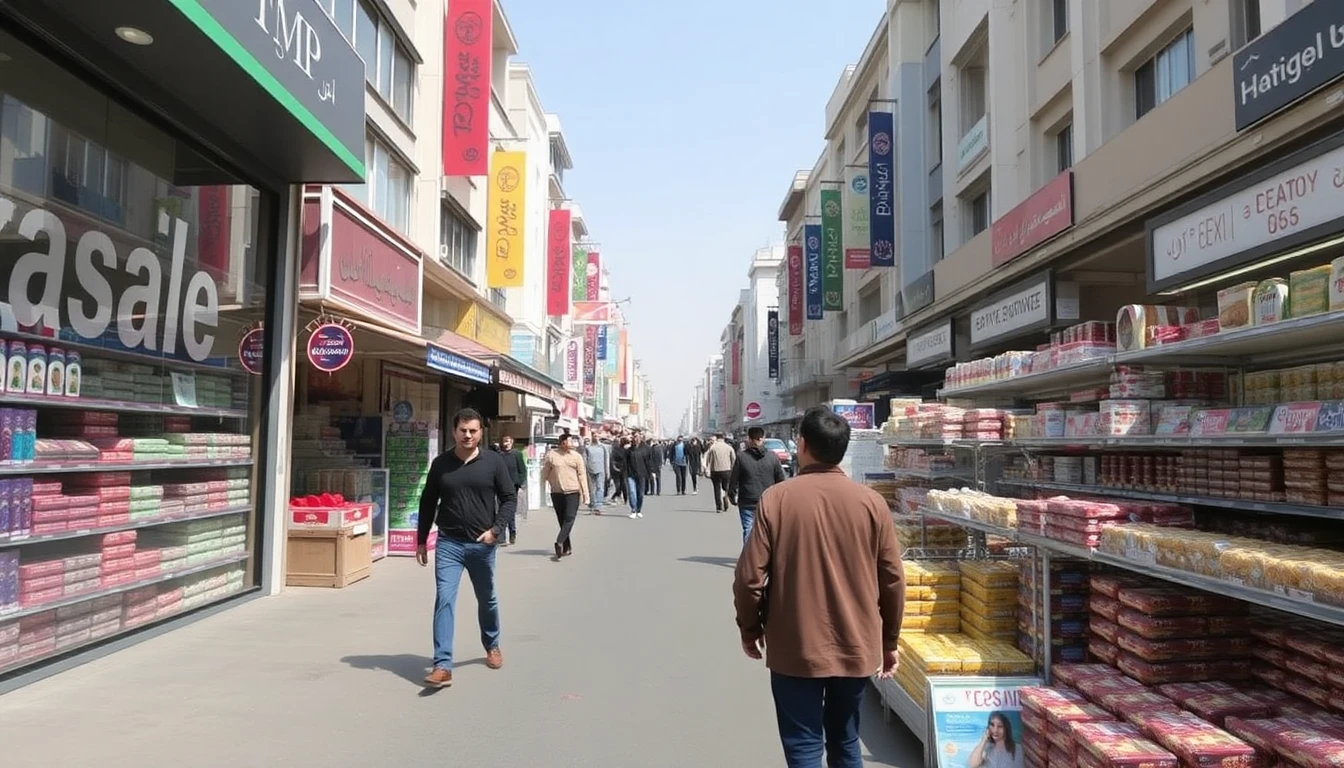
In a troubling development for Egypt's economy, the country has recorded a significant increase in inflation for the second consecutive month, driven primarily by recent cuts to government subsidies. The latest data reveals that annual inflation accelerated to 38% in September, surpassing 37.4% from August. This sharp rise has raised serious concerns regarding the living conditions of millions, as the cost of essential goods continues to escalate.
The inflationary pressures have been fueled largely by the government's decision to reduce subsidies on staple items, contributing to a rapid increase in food prices. As the Egyptian government navigates a challenging economic landscape, including an ongoing currency devaluation and the impacts of global economic factors, consumers are feeling the pinch more than ever. Basic food items, including bread and cooking oil, have seen significant price hikes, exacerbating the financial strain on households across the nation.
The central bank's response to this situation remains a point of interest for analysts, with many expecting further measures to stabilize the economy without stifling growth. Economic experts are closely monitoring the balance between addressing inflation and ensuring that essential needs of the populace are met.
A significant factor contributing to this inflation spike is the timing of the subsidy cuts, which were implemented to address fiscal challenges but have sparked public outcry. Citizens are now voicing their concerns over the affordability of basic commodities, with protests reported in various regions, highlighting the rising discontent over economic circumstances.
The Egyptian government is in a delicate position, trying to restore financial stability while managing the social implications of its economic reforms. The ongoing adjustments are part of a broader strategy intended to attract foreign investment and encourage economic development, although many citizens remain skeptical of the immediate benefits.
As the country faces mounting economic challenges, it is crucial for all stakeholders, including government officials and local businesses, to engage in dialogue aimed at finding sustainable solutions to curb inflation and support the Egyptian populace during these difficult times.
The situation continues to evolve, with analysts urging caution and vigilance in the coming months. The Egyptian economy's performance will be under close watch, as further inflationary trends could lead to more significant social unrest and economic instability.
In summary, the rapidly increasing rate of inflation in Egypt serves as a stark reminder of the challenges faced by both the government and its citizens amidst ongoing subsidy cuts and economic reform efforts. As inflation hits new highs, the path forward will likely require careful navigation to balance fiscal integrity with social responsibility.
For now, the future of Egypt’s economic landscape remains uncertain, with inflation continuing to be a pressing issue that needs to be addressed promptly to prevent further deterioration of living standards.
#Egypt #inflation #economy #subsidycuts #foodprices #economicreform #costofliving #currentevents
Author: Laura Mitchell




